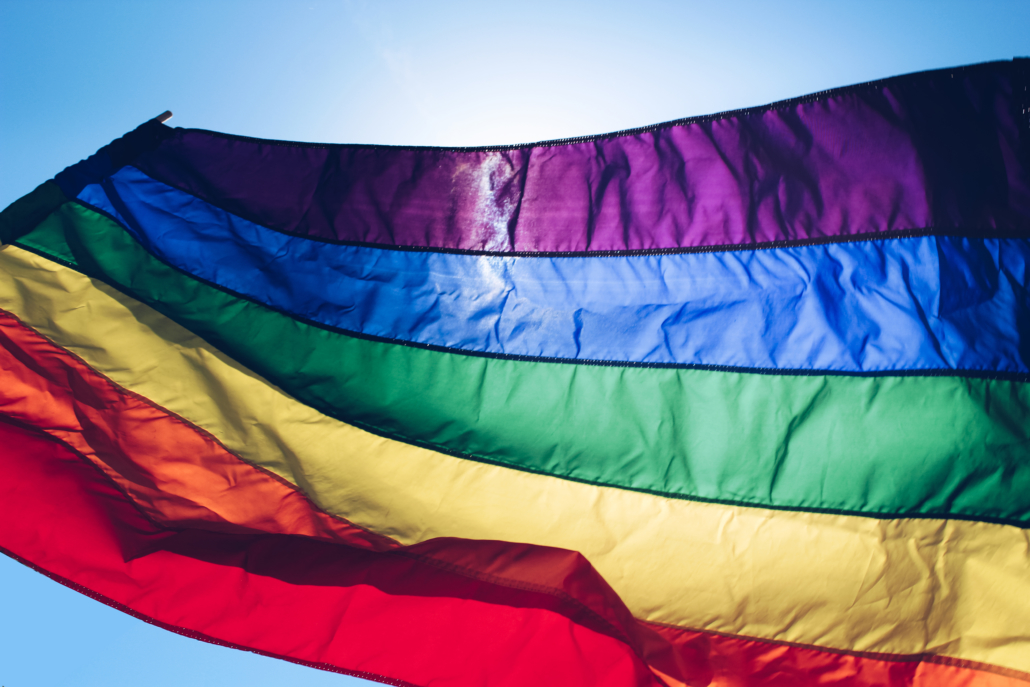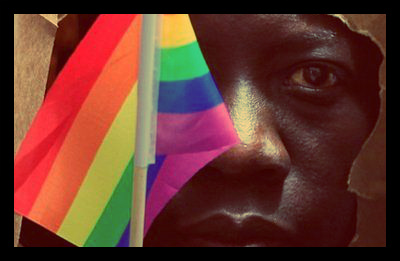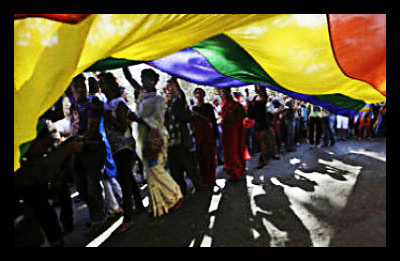
The United States has recently seen progress for the LGBT community with the Supreme Court ruling in favor of gay marriage. Despite the plethora of barriers still standing for the LGBT community in America, there are even more for the community abroad. Moreover, there are many global connections between LGBT communities and poverty.
The amount of LGBT people in underdeveloped and developing countries may often be overlooked or under-considered. With such a focus on food and clothing, helping people in these nations with social issues, which often become economic issues, is commonly unacknowledged. It is thus difficult to place a number on how many people in these impoverished areas are LGBT, because of restricting laws that discourage coming out.
There are currently 81 countries that have repressive laws against same-sex actions and/or propaganda. Many of these countries are in North Africa and the Middle East, where poverty is widespread. Eight of those countries currently have a death penalty for homosexual behavior, according to the International Lesbian, Gay, Bisexual, Trans and Intersex Association. These laws, death penalty or not, place further dangers on individuals in these areas.
Before the legal restrictions are even placed upon them, LGBT people experience hardships that come from social interactions and perceptions. Legal and economic securities become nearly nonexistent in nations with laws restricting any same-sex actions. It makes any type of health, economic or social security unattainable.
On top of that, rates of being wrongfully criminalized increase. Stigmas cause being shunned and excluded from daily activities or needs. The Williams Institute found that as many as 68% of LGBT people report experiencing discrimination, especially in regards to employment.
These limitations would be challenging enough for people residing in developed countries. In places where basic needs are hardly being met to start with, anti-LGBT laws can make access to food and water, education or healthcare seemingly unattainable.
The barriers placed upon the LBGT community are too great to be ignored when discussing poverty. As Colin Stewart from 76Crimes put it, “If LGBT poverty is not addressed, the goals [of alleviating extreme poverty] are mere aspirations and dreams.”
One of the most startling and disturbing occurrences of this mistreatment comes in the form of aid being provided to regions in need. There are two fronts to this issue. The first is that people providing aid often experience the same prejudice and harm that there is against same-sex individuals and supporters. In areas such as Uganda, Cameroon and Zambia, LGBT persecution has increased, as “HIV workers were more harassed, imprisoned and even killed” by anti-same-sex groups and organizations.
There has been much criticism over the fact these troubling issues have not been properly investigated and that support to these anti-same-sex and/or religious groups has continued despite such abuse.
The second issue international aid is facing is the blatant refusal of some organizations to serve and care for LGBT people in need. Sadly, too many donors and organizations turn a blind eye to the discrimination in front of them. Such behavior is allowing personal opinions to interfere with the livelihood and well-being of people truly in need. Increasing awareness of such discrimination is the first way to ensure equal treatment to individuals that are receiving aid from organizations and donors.
Human rights are making improvements around the world, but the fight is far from over.
– Katherine Wyant
Sources: International Lesbian, Gay, Bisexual, Trans and Intersex Association, OpEdNews, Erasing 76 Crimes
Photo: Flickr



